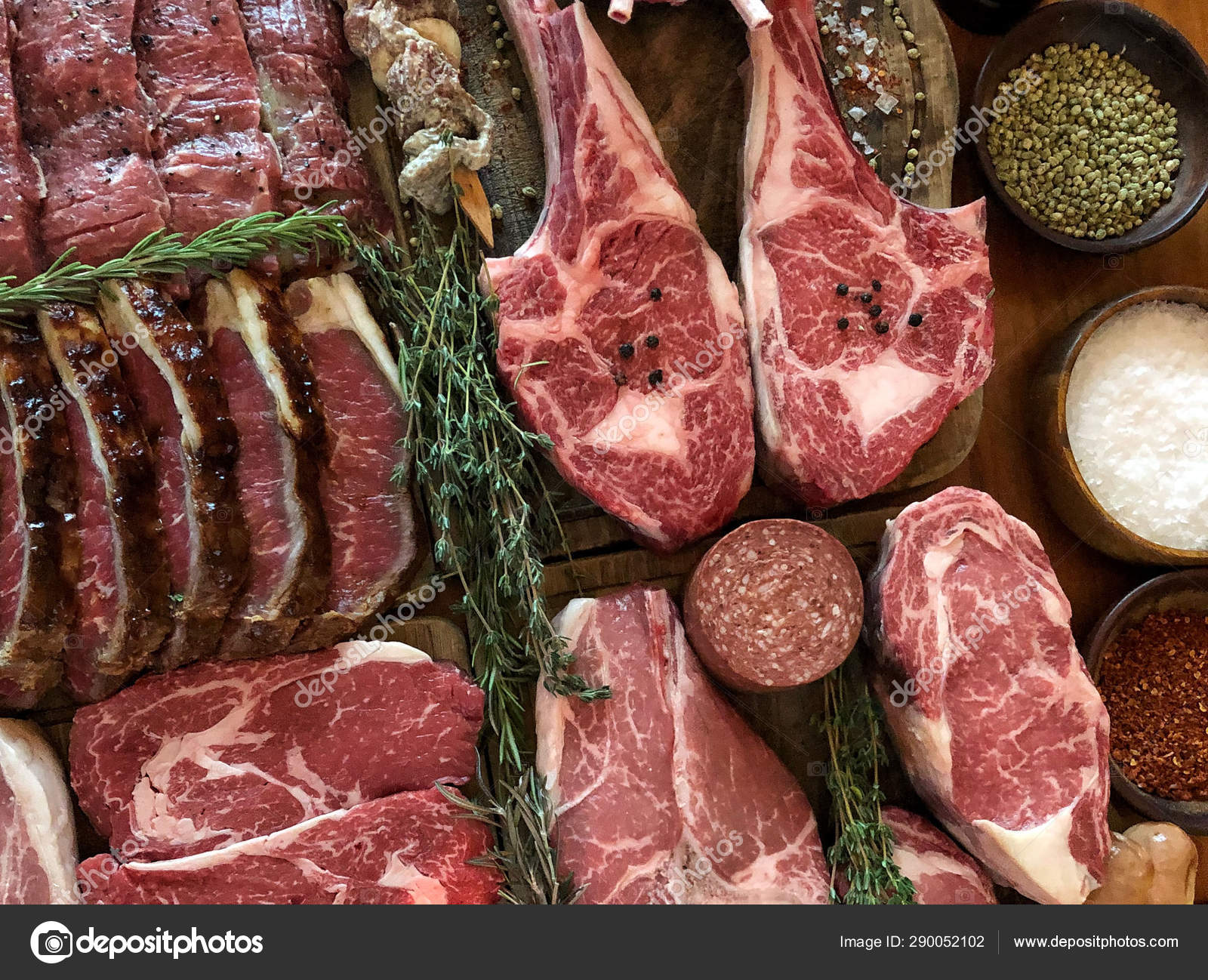Sending a big blow to veganism, a top nutrition expert revealed that meat is quite essential to preventing anxiety and depression.
Harvard-trained nutritional and metabolic psychiatrist Dr. Georgia Ede investigates the connection between food and both physical and mental well-being.
Even with the recent boost in the popularity of vegan diets, she claims that giving up meat could be harmful to mental health.
"The brain needs meat," she told KIRO News Radio. "We’re used to hearing that meat is dangerous for our total health, including our brain health, and plants are the best way to nourish and protect our brains."
"But the truth of the matter is that it’s actually — that’s upside down and backwards."
While consuming adequate protein has long been an issue with vegan diets, according to Dr Ede, eating meat is about more than just protein. According to her: "It's less about protein and more about all of the other nutrients that are inside meat, You can get your protein needs met through a vegan and vegetarian diet if you plan it carefully."
Amino acids, the building blocks of proteins, assist in the development and maintenance of bones and muscles. Protein is abundant in animal goods such as eggs, meat, cheese, and Greek yogurt, but it's also present in vegan foods like broccoli and lentils.
According to Dr Ede: "But many of the other essential nutrients are much more difficult, if not in some cases impossible, to obtain from plants."
Furthermore, she noted that meat is one of the safest sources for blood sugar and insulin levels, and this food contains every nutrient in proper form. These nutrients consist of iron, zinc, choline, vitamin B12, and omega-3 fatty acids.
For example, vitamin B12 aids in the creation of DNA and oxygen-rich red blood cells. Nevertheless, it has also been connected to the regulation of serotonin, which elevates mood; low serotonin levels have been associated with an increased risk of anxiety and depression.
Additionally, because zinc assists in reducing brain inflammation, a review published in the journal Frontiers in Pharmacology discovered a link between depression and reduced zinc levels. Many studies have revealed that meat eaters have better mental health.
In a 2022 research, 14,000 Brazilians aged 35 to 74 were polled, and it was discovered that vegans had double the likelihood of depression as carnivores, while consuming identical amounts of nutrients.
Furthermore, a 2020 meta-analysis involving 160,000 meat eaters and 8,500 meat abstainers discovered that those who eliminated meat from their diet had a significantly higher risk of depression.
Vegan diets may have adverse health impacts, even though they have gained popularity because of their apparent health benefits.
An analysis of over 500 studies was conducted by the Food and Agriculture Organization (FAO) of the United Nations in 2023, which determined that animal forms of food provide "crucial sources of much-needed nutrients".
According to the organization, those who adopt a vegan diet may find it difficult to obtain these macro and micronutrients "in the required quality and quantity".
Furthermore, it said, it is "especially necessary" for children, youth, the elderly, and nursing and pregnant women to consume meat, eggs, and milk.
A 2019 study also found that vitamin B12 deficiency, which is more common in vegans, may increase the risk of stroke. This is because its absence increases the risk of blood vessel damage by impeding the removal of proteins from the bloodstream and causing inflammation. This is a major stroke risk factor.
According to US regulators, adults require around 2.4mg of vitamin B12 daily to function properly.



























